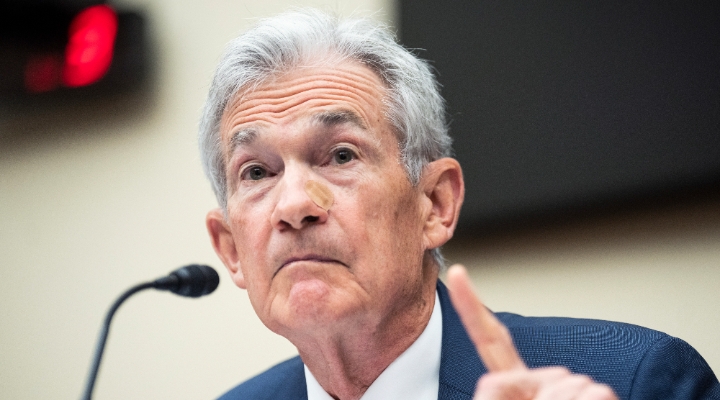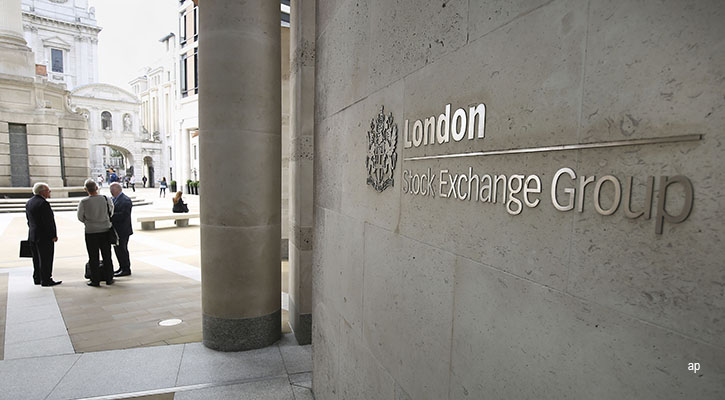
Trading on the stock exchange in Istanbul was halted for the first time in 24 years on Wednesday following the sharp sellof of securities in the wake of the devastating earthquake in Turkey.
Turkey has been hit by an earthquake which have caused an enormous human tragedy where the death toll continues to rise and now amounts to around 11,000 people. The earthquake struck on Monday morning and the Borsa Istanbul lost ground that day, a decline that accelerated on Tuesday.
The main index of the Turkish stock market, the Bist 100, was headed for its worst week since the 2008 financial crisis, with prices down more than 16% before Wednesday morning's trading halt.
"Due to the increase in volatility and extraordinary price movements after the earthquake disaster; in order to ensure the reliable, transparent, efficient, stable, fair and competitive functioning of the markets, Equity Market and Equity & Index Derivatives in the Derivatives Market have been closed," Borsa Istanbul said in a statement. The exchange operator has not provided any information about when trading can resume again.
"In times of disaster like these, it's better to stop trading to protect investors," Marmara Capital's Haydar Acun told Bloomberg.
According to information provided to Bloomberg on Wednesday afternoon, the stock exchange will be closed throughout February.
This comes on the back of a soaring Turkish stock market during 2022. The stock exchange posted returns close to 100%, something that my colleague Franscesco Lavecchia noted in an article.
"This year's strong performance was mainly driven by non-fundamental factors such as high domestic inflation, which has now reached 86% year-on-year, accompanied by an expansionary monetary policy. The central bank has cut interest rates by 3.5 percentage points since last August, instead of cooling down the price index, bringing them to 10.5%. With such negative real interest rates and unattractive government yields, local investors have been forced into the stock market to try to protect their savings from rampant inflation," Mohsin Memon, emerging markets fund manager at Schroders, explained.




























